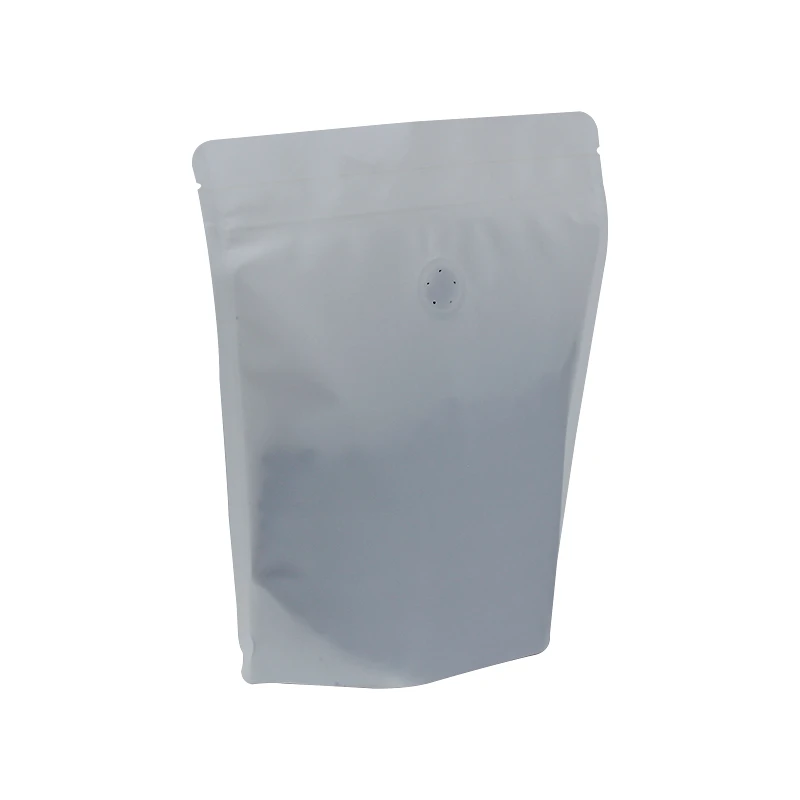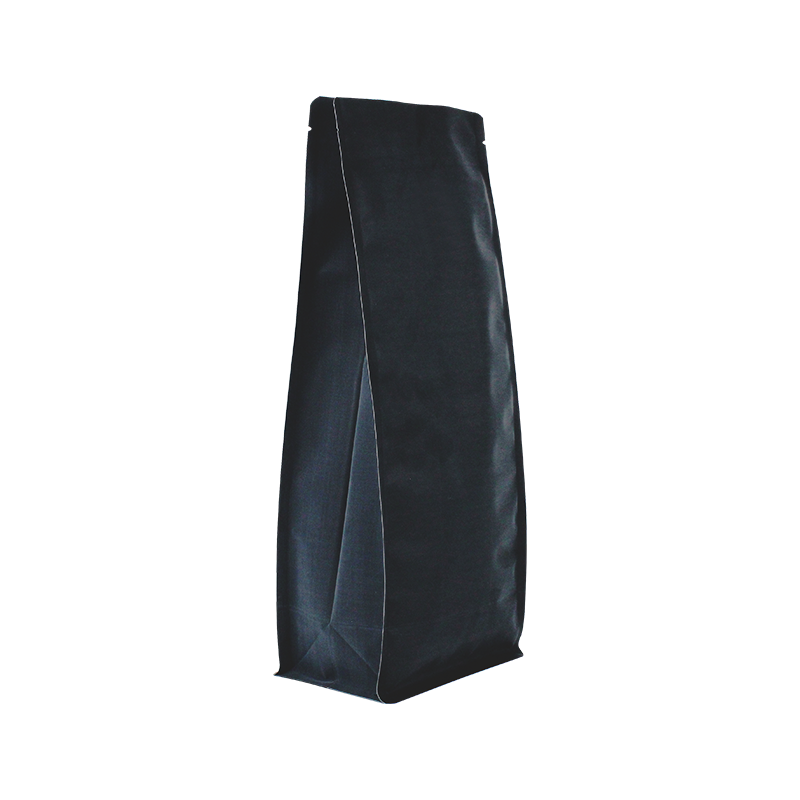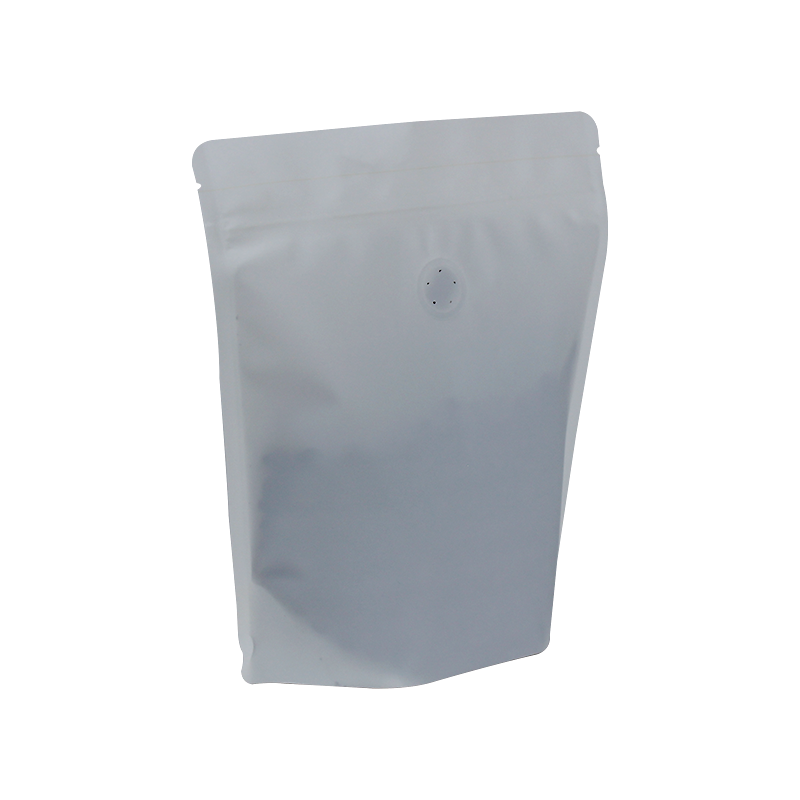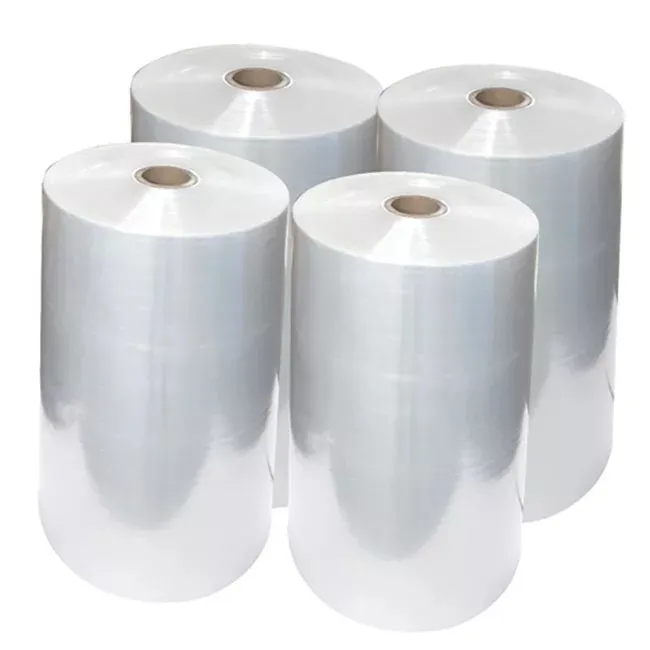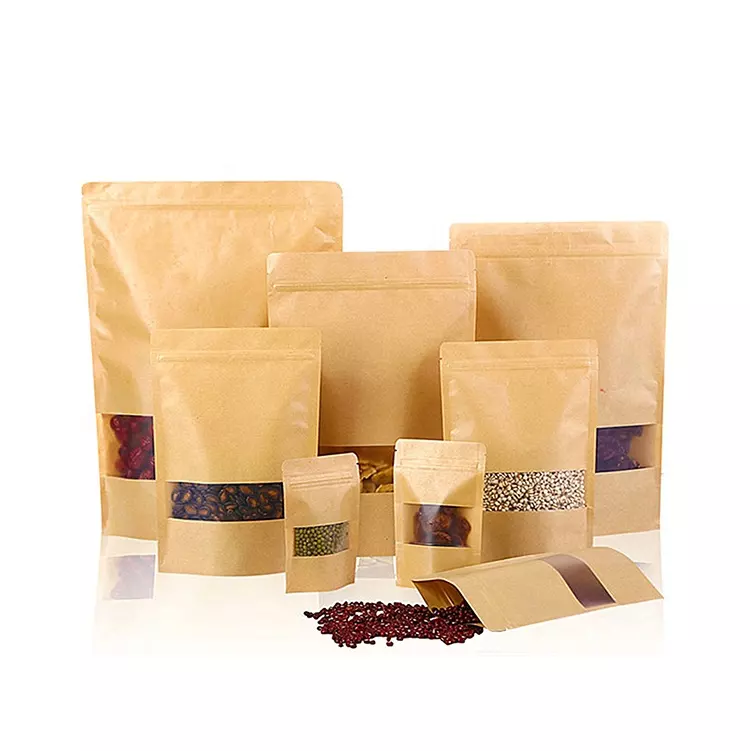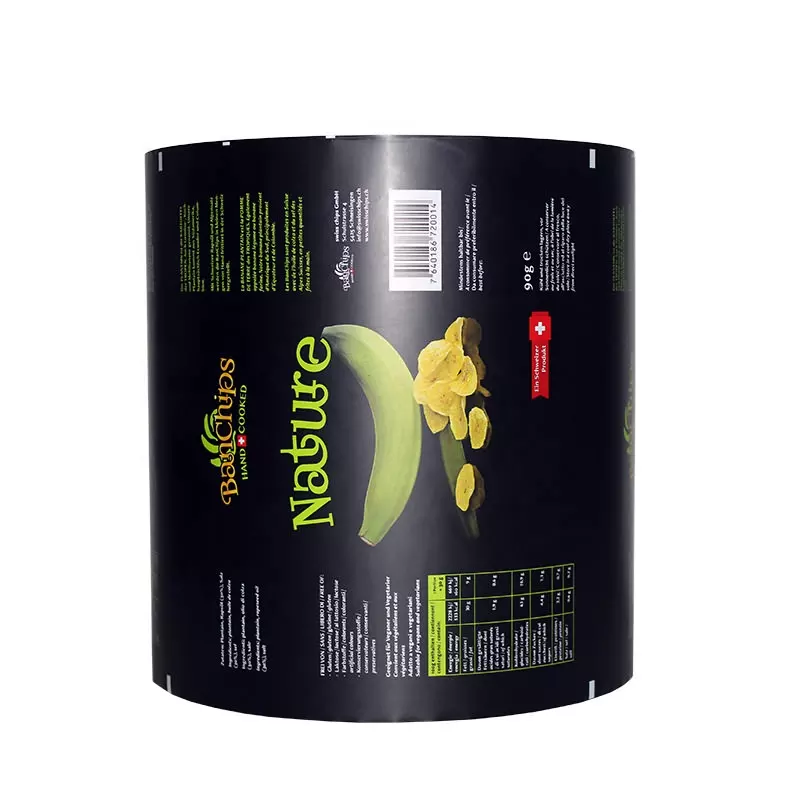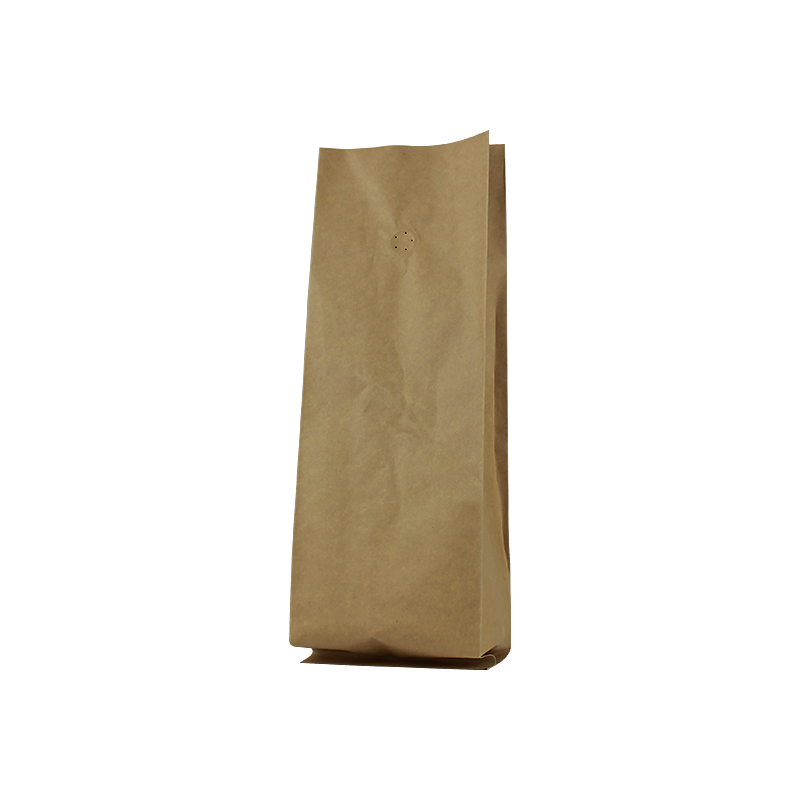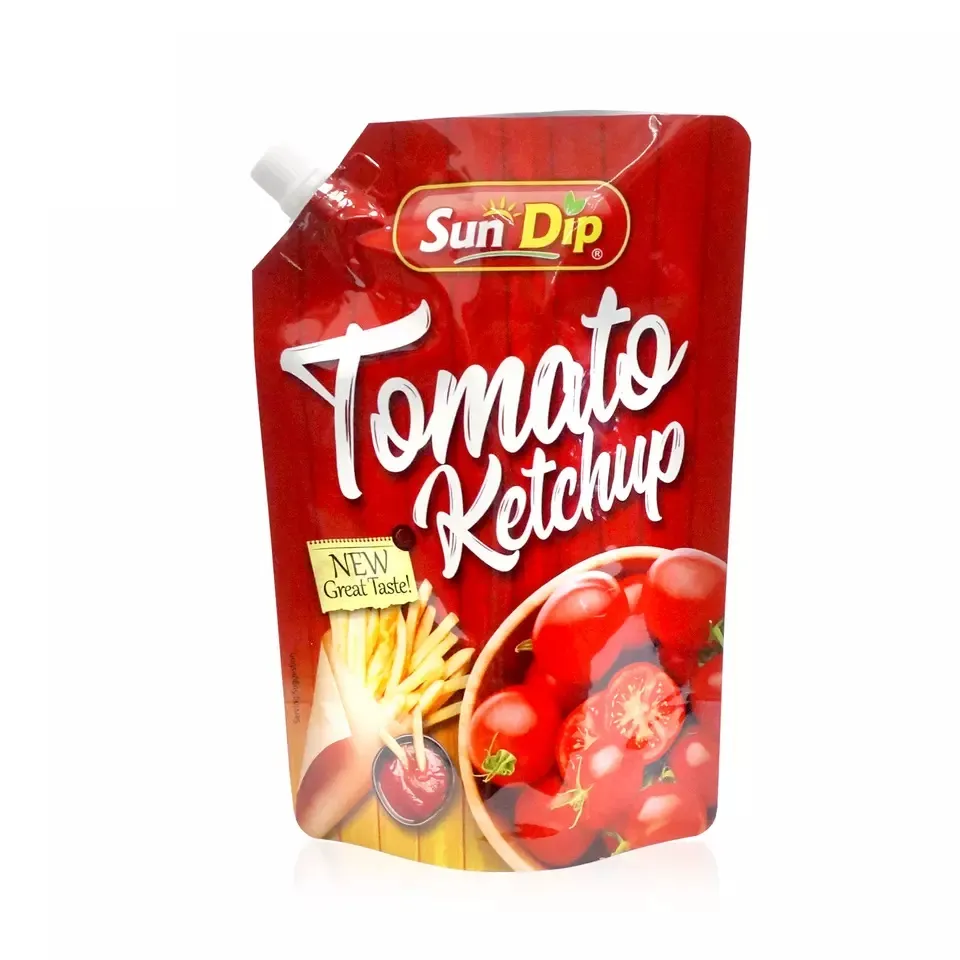- Afrikaans
- Albanian
- Amharic
- Arabic
- Armenian
- Azerbaijani
- Basque
- Belarusian
- Bengali
- Bosnian
- Bulgarian
- Catalan
- Cebuano
- chinese_simplified
- chinese_traditional
- Corsican
- Croatian
- Czech
- Danish
- Dutch
- English
- Esperanto
- Estonian
- Finnish
- French
- Frisian
- Galician
- Georgian
- German
- Greek
- Gujarati
- haitian_creole
- hausa
- hawaiian
- Hebrew
- Hindi
- Miao
- Hungarian
- Icelandic
- igbo
- Indonesian
- irish
- Italian
- Japanese
- Javanese
- Kannada
- kazakh
- Khmer
- Rwandese
- Korean
- Kurdish
- Kyrgyz
- Lao
- Latin
- Latvian
- Lithuanian
- Luxembourgish
- Macedonian
- Malgashi
- Malay
- Malayalam
- Maltese
- Maori
- Marathi
- Mongolian
- Myanmar
- Nepali
- Norwegian
- Norwegian
- Occitan
- Pashto
- Persian
- Polish
- Portuguese
- Punjabi
- Romanian
- Russian
- Samoan
- scottish-gaelic
- Serbian
- Sesotho
- Shona
- Sindhi
- Sinhala
- Slovak
- Slovenian
- Somali
- Spanish
- Sundanese
- Swahili
- Swedish
- Tagalog
- Tajik
- Tamil
- Tatar
- Telugu
- Thai
- Turkish
- Turkmen
- Ukrainian
- Urdu
- Uighur
- Uzbek
- Vietnamese
- Welsh
- Bantu
- Yiddish
- Yoruba
- Zulu
Pet Food & Snack Food Pouch
A Pet Food & Snack Food Pouch is a flexible packaging solution designed to hold dry or wet pet food, treats, or snack items. Made from multi-layered materials, these pouches provide a lightweight, durable, and convenient alternative to traditional rigid packaging such as cans or boxes. They are increasingly popular due to their ability to preserve freshness, provide easy handling, and meet the growing demand for eco-friendly solutions.
Key Features:
Convenience: Pet food and snack food pouches are lightweight, portable, and resealable, making them easy for consumers to handle, store, and transport. Resealable zippers help maintain freshness and prevent spillage after opening.
Barrier Protection: These pouches are typically made from multi-layer films (such as PET, aluminum foil, or nylon) that provide an effective barrier against moisture, oxygen, and light, all of which can compromise the quality and nutritional content of pet food or snacks. This helps extend the product's shelf life and preserve its freshness.
Eco-Friendly Options: As sustainability becomes more important, many pet food and snack brands are switching to compostable or biodegradable materials. This helps reduce the environmental impact of packaging waste and caters to eco-conscious consumers.
Customizable Design: The pouches offer ample space for branding, product details, and nutritional information. They can be designed in various shapes, sizes, and finishes, including stand-up pouches for enhanced shelf display and easy pouring spouts for convenience.
Versatility: Ideal for a wide range of products, including dry kibble, wet pet food, treats, and snack foods like chips or nuts, pet food and snack pouches cater to a growing demand for convenient, high-quality packaging.
In summary, pet food and snack pouches are a practical, cost-effective, and sustainable packaging option that meets the needs of both manufacturers and consumers.
Are Pet Food Pouches Recyclable?
Pet food pouches are often not recyclable in the same way as standard plastic bottles or containers. This is due to the multi-layered materials used in their construction, which combine different types of plastics and sometimes aluminum foil. These layers are designed to provide strong barriers against moisture, oxygen, and light, which are essential for preserving the freshness of pet food. However, the combination of materials makes the pouches difficult to separate and process during recycling, limiting their recyclability.
Why Are Pet Food Pouches Often Not Recyclable?
1.Multi-Layer Construction: Pet food pouches typically use a blend of materials such as polyethylene (PE), polyester (PET), nylon, and sometimes aluminum. These layers provide the necessary durability and protection but are challenging to separate during the recycling process.
2.Contamination: Pet food pouches may be contaminated with food residue, oils, or fats, making them harder to recycle. The material has to be cleaned before recycling, and often, this isn’t feasible or economically viable.
3.Lack of Recycling Infrastructure: While some types of plastic pouches can be recycled in specialized facilities, many curbside recycling programs do not accept flexible packaging like pet food pouches.
Sustainable Alternatives and Solutions:
1.Recyclable Options: Some manufacturers are working on creating mono-material pouches made from a single type of plastic (like PET or PE) that can be more easily recycled. These are increasingly becoming available for both pet food and snack packaging.
2.Compostable Pouches: Some brands are shifting toward using compostable packaging, which can be disposed of in industrial composting systems, breaking down into organic material without leaving harmful residues.
3.Recycling Programs: Certain companies are participating in take-back or specialized recycling programs where consumers can return used pouches to be properly recycled. For example, Terracycle offers a program for specific types of flexible packaging, including pet food pouches, in some regions.
Conclusion:
Most pet food pouches are not recyclable through standard recycling programs due to their multi-material construction and potential contamination. However, there are growing efforts to develop more sustainable alternatives, such as recyclable mono-material pouches and compostable packaging, in response to increasing consumer demand for eco-friendly solutions. It’s always a good idea to check with the manufacturer for guidance on proper disposal and recycling options.
Can Plastic Pet Food Bags Be Recycled?
Plastic pet food bags can be recycled, but the process depends on the type of plastic used and the recycling infrastructure available in your area. However, recycling plastic pet food bags presents some challenges due to the materials used in their construction, which often include multi-layer films and coatings designed to protect the contents. Here's a breakdown of the factors that influence whether or not plastic pet food bags can be recycled:
1. Material Type:
Many plastic pet food bags are made from polyethylene (PE) or polypropylene (PP), which are recyclable materials. However, the problem lies in the multi-layer construction of many pet food bags. These bags often combine layers of plastics, foils, and sometimes paper to create a barrier against moisture, oxygen, and light, which is necessary to keep the pet food fresh.
Mono-material bags: Some pet food bags are made from a single type of plastic, like polyethylene (PE) or polypropylene (PP), which are easier to recycle compared to multi-layer bags. These are the types of bags that are more likely to be accepted in curbside recycling programs.
2. Recycling Challenges:
Multi-layer Bags: The multi-layer nature of many pet food bags makes them difficult to recycle through regular curbside recycling programs. The different materials must be separated before they can be processed, which is not always feasible with the available recycling technology.
Contamination: Pet food bags are often contaminated with food residue, oils, or fats from the contents, making them harder to recycle effectively. For recycling programs to accept them, the bags need to be clean, which can be challenging for consumers.
Not Accepted in Curbside Recycling: Most curbside recycling programs do not accept flexible plastics like pet food bags because they cannot be processed through standard recycling equipment. These types of bags can get tangled in machinery at recycling facilities.
3. Specialized Recycling Programs:
Some companies are working on recycling solutions for flexible plastic packaging, including pet food bags. Programs like Terracycle allow consumers to send in used plastic bags and pouches, including pet food bags, for recycling. These programs are often region-specific and may require consumers to collect a certain volume of packaging before sending it in.
Store drop-off: Some retailers provide recycling stations for plastic bags (e.g., grocery bags), where pet food bags made from polyethylene can be dropped off for recycling. It’s important to check with your local store to see if they accept pet food bags.
4. Sustainable Alternatives:
Recyclable Mono-Material Bags: Some pet food brands have started using mono-material bags, which are made from a single type of plastic that can be recycled more easily. These bags may be accepted in curbside recycling programs, especially if they are made from PE or PP.
Compostable or Biodegradable Options: An increasing number of companies are also offering compostable pet food bags, which break down in industrial composting facilities. These bags provide a more eco-friendly disposal option, although they are not suitable for home composting.
Conclusion:
Plastic pet food bags can be recycled, but their recyclability largely depends on the material type and the recycling infrastructure in your area. Mono-material bags made from polyethylene or polypropylene have a higher chance of being recycled through curbside programs, while multi-layer bags are more challenging to recycle. To improve sustainability, consider looking for pet food bags made from recyclable or compostable materials, and explore specialized recycling programs like those offered by Terracycle or retail drop-off stations. Always check local recycling guidelines to ensure proper disposal.
ABOUT for more information
Product Categories
Crafts App
Contact Us
- No. 6 Hefu Road, Hengjiang Industrial Zone, Gaoming District, Foshan, Guangdong Province,China
- Tel: 86-133 3649 8096
- Email:enid@bc-pak.com





